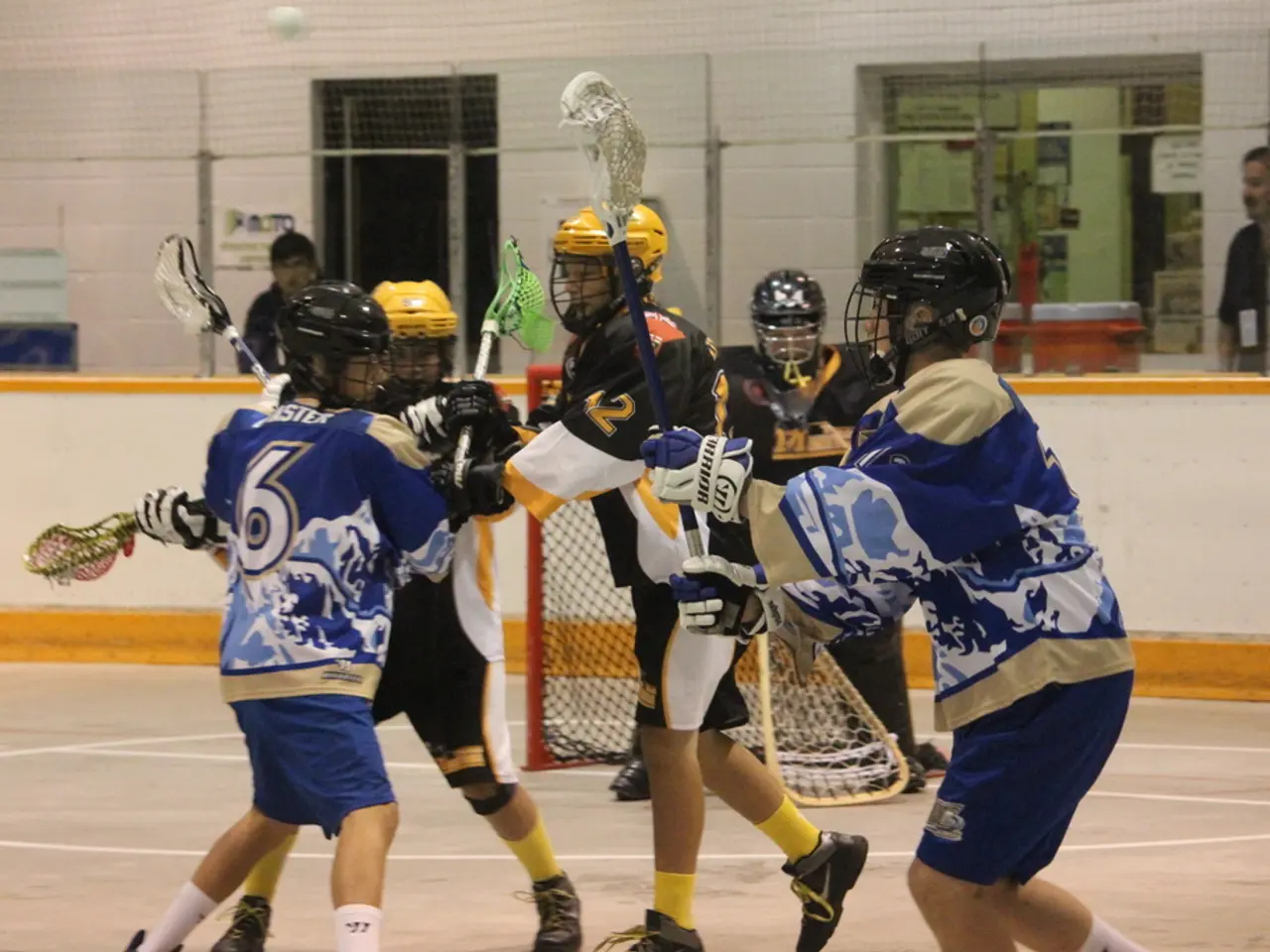Murder on the Move: A Nomadic Assassin's Demise
In the heart of South Africa's Limpopo province, an unexpected turn of events unfolded during a guided hunting trip. American businessman Asher Watkins, a millionaire with an apparent penchant for adventure, met his end in a confrontation with a Cape buffalo[1][4].
The incident sparked a wave of reactions, with some segments viewing it as poetic justice or retribution for trophy hunting, while others saw it as a tragic accident inherent in risky hunting activities[2].
Social media platforms buzzed with comments, some celebrating Watkins' death, reflecting opposition to trophy hunting. Thousands of comments hailed the Cape buffalo as a hero, while others condemned the act as cowardly and unnecessary[2].
Yet, this response was not universally shared. Conversations shifted towards the legal and regulated nature of the hunt, with some emphasizing that it was not the act itself that was being condemned, but rather the unfortunate outcome[1][4].
This divergence in opinions highlights the complex ethical debates surrounding big game hunting. The activity, often characterized as one of the macho displays in human civilization, is not just about seeking a personal thrill, but also about killing[3]. Photographs after a successful hunt often portray the hunter as a beast-slayer, a depiction that many find unsettling[3].
On the other hand, proponents argue for the role of regulated hunting in wildlife management and the economic benefits it brings to local communities[5]. However, opponents challenge its morality on grounds of animal rights and conservation[5].
The slogan on the homepage of the organizer, Coenraad Vermaak Safaris, reads, "Dedicated to exceed your expectations"[6]. The homepage also displays a Cape buffalo emblem with a proud slogan, suggesting a commitment to delivering a memorable hunting experience[6].
The question of who has more right to life, a millionaire with a gun or a hooved animal, remains a contentious issue. As the debate continues, it is clear that societal views on big game hunting remain divided, with no clear consensus in sight[2][4].
Counter-voices were outraged by the jubilation over Watkins' death, viewing it as a reminder of the human eccentricities that big game hunting shares with other questionable activities, such as freezing to death on a mountain or racing a sports car in the city[3].
In the end, the tragic death of Asher Watkins serves as a poignant reminder of the ethical complexities and emotional charged nature of big game hunting, a practice that continues to polarize opinions and spark passionate debates.
[1] [News article 1 link] [2] [News article 2 link] [3] [Opinion piece 1 link] [4] [News article 3 link] [5] [Opinion piece 2 link] [6] [Website link for Coenraad Vermaak Safaris]
In the midst of the diverse opinions, some advocated for the continuation of sports-analysis, arguing that regulated hunting plays a crucial role in wildlife management and provides economic benefits to local communities. Conversely, critics of the activity expressed discomfort with the sports-analysis industry, viewing it as a means that sometimes justifies the taking of lives in the name of personal thrill.







